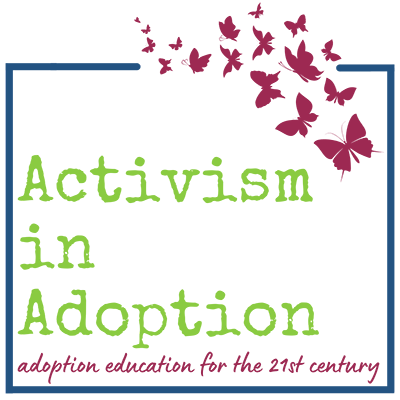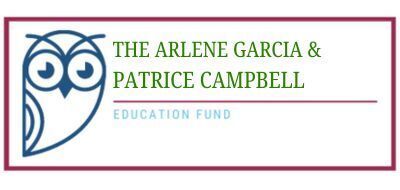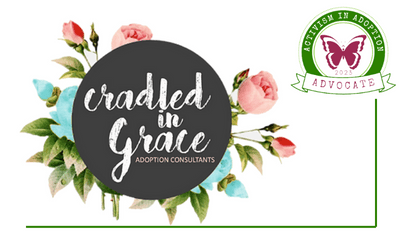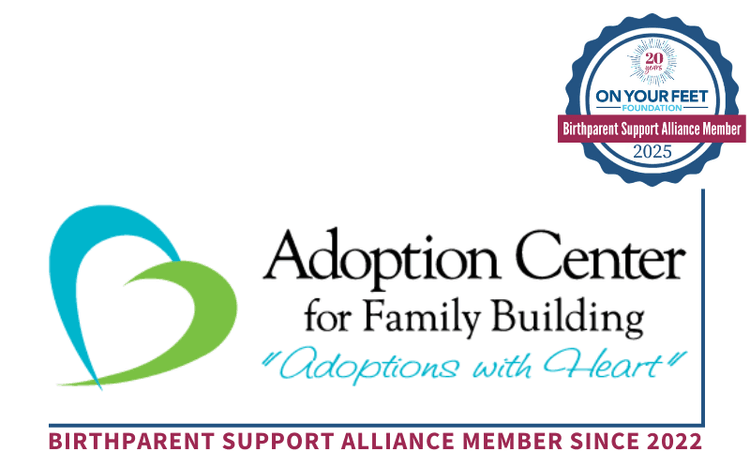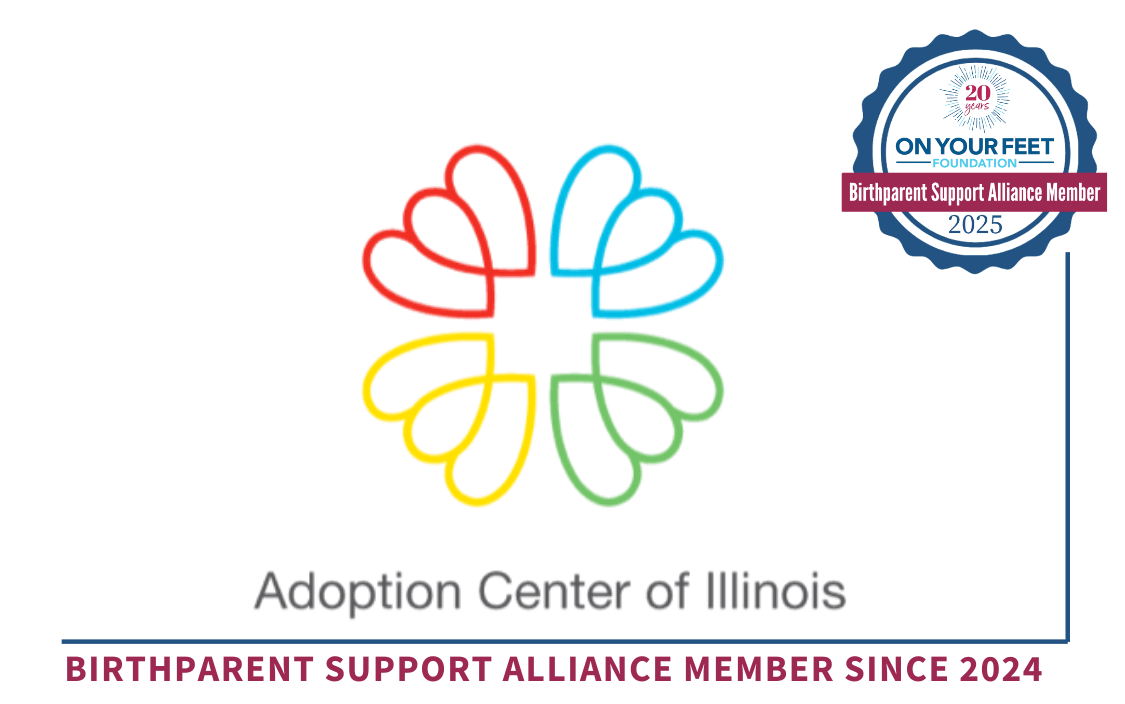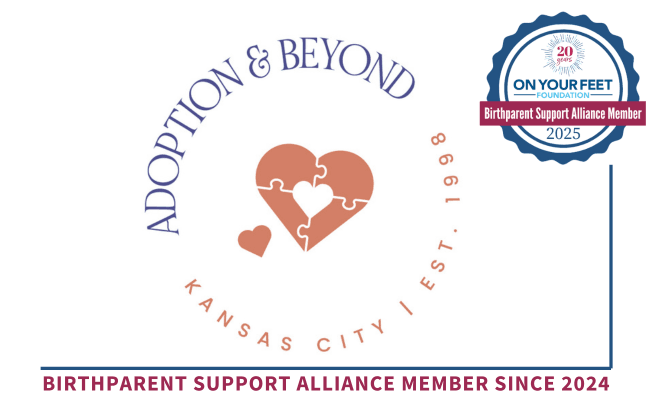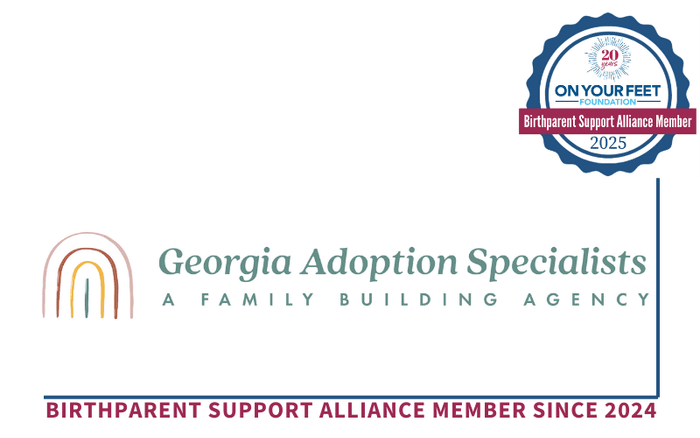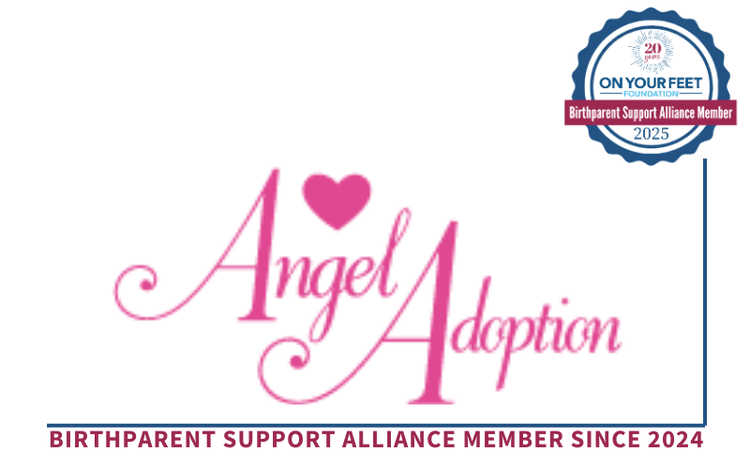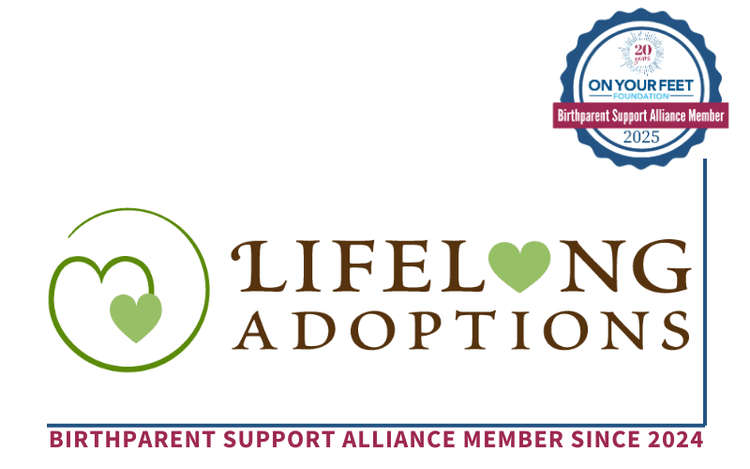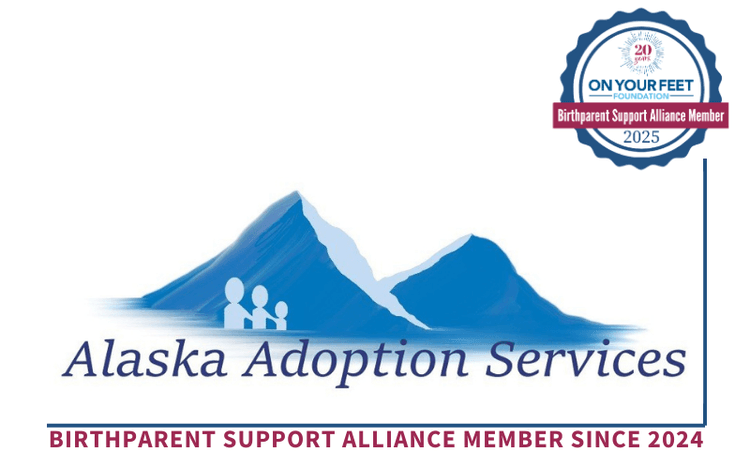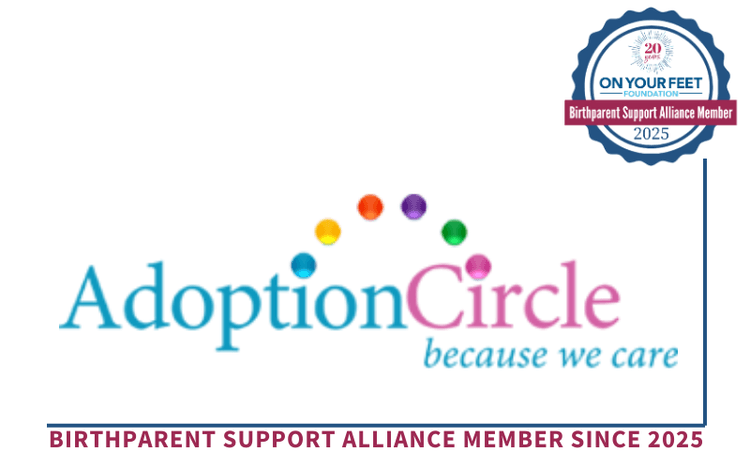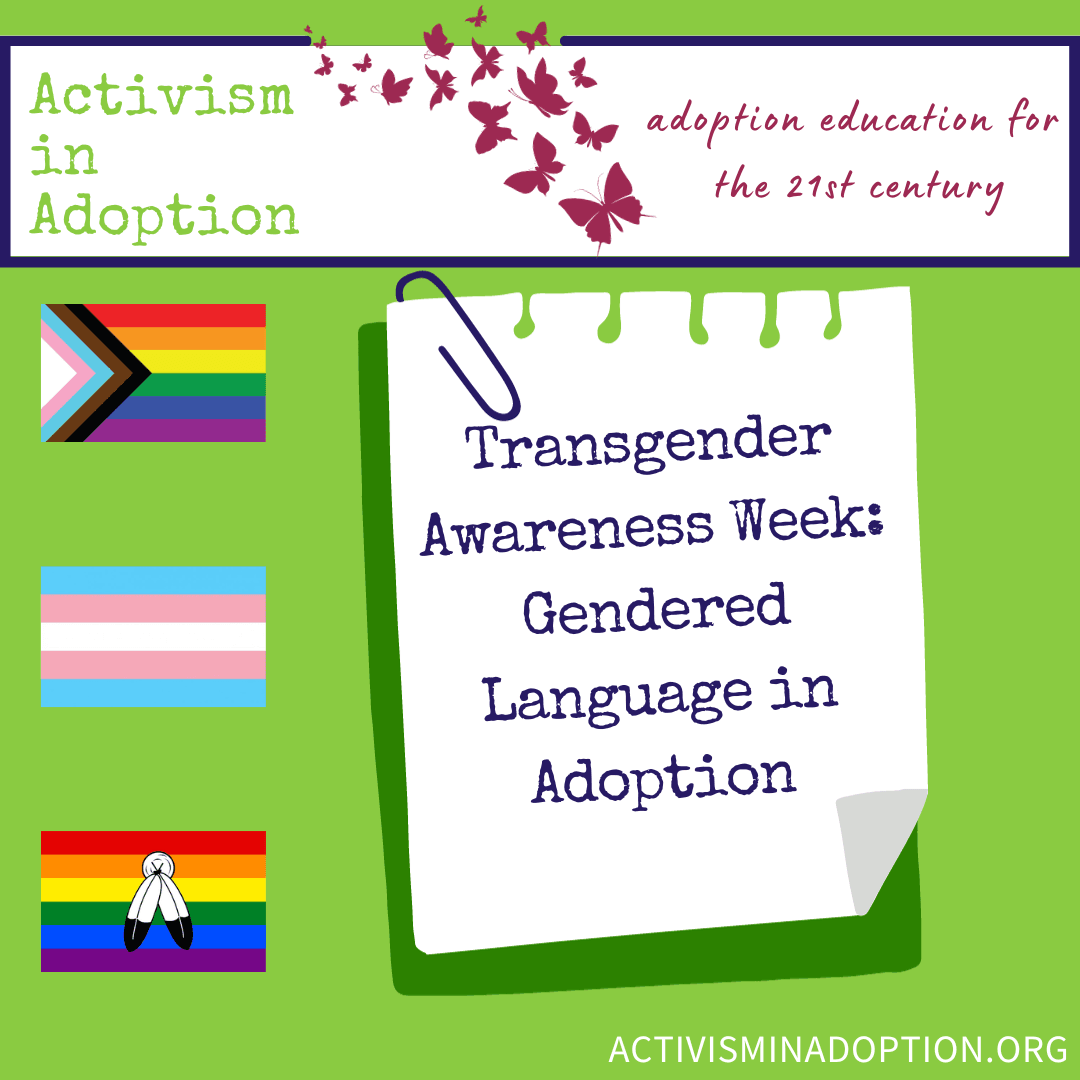
It is Transgender Awareness Week in the United States, and in this week, transgender people and their allies bring awareness and engage in advocacy around issues of prejudice, discrimination, and violence against transgender and non-binary people. This week ends on the Transgender Day of Remembrance, an annual observance on November 20th, which honors the memory of transgender people whose lives were lost in acts of anti-transgender violence. Started in 1999 by transgender advocate Gwendolyn Ann Smith as a vigil to honor the memory of Rita Hester, a transgender woman killed in 1998, it is now a national memorial to those we have lost.
You may be asking yourself, what does this have to do with your mission? As it turns out, a lot.
Activism in Adoption sits in a unique position in the adoption landscape, for several reasons. First of all, we maintain an absolutely neutral position on adoption, which creates a safe space for everyone in the adoption constellation to come together and learn. Secondly, we don't work in adoption - we aren't an extension of adoption agencies; we don't facilitate any aspect of adoption - which means our presenters are free to express their unvarnished and nuanced takes about adoption, drawing on their lived experiences to the benefit of everyone in the adoption constellation. Third, we use this educational platform to provide a voice for members of the adoption constellation who are the most silenced in adoption narratives - adopted people and birthparents - allowing them to speak without censure or to uphold any point of view other than their own.
However, we often find ourselves stuck using the same gendered adoption language used by adoption agencies and adoption professionals,all of which is rooted in a very specific and narrow kind of gender conformity and heteronormativity. If the purpose of Transgender Awareness Week is to educate about transgender and gender non-conforming people and the issues associated with their transition or identity, in the adoption landscape one of those issues has to do with the ways in which the language of adoption can be a form of erasure.
If you follow us (or On Your Feet Foundation) on social media, or read our website or newsletters, you may have noticed that we use a lot of gendered language to identify birthparents, but we know that that the same language that helps some people find us on Google can also make other people feel unwelcome, and we don’t want anyone to feel that way. In the adoption industry, advocates for Positive Adoption Language do so because it is meant to be neutral; to not rob either adoptees or birthparents of their dignity. However, positive adoption language is not intersectional: it still relies heavily on prescriptive gender assumptions. Birthmom. First Mother. And these terms are great for someone to choose to use for themselves if they feel like a fit, and for a lot of people, they do feel that way. However, not everyone that gives birth feels comfortable using the gendered word ‘mother’, and while the term birthgiver is gaining traction, it doesn’t describe the unique position of both giving birth and then placing a child for adoption in the same way birthmother does. We also struggle with how to introduce better, more accurate terminology into our educational work, especially since our presenters are talking about their own lived experiences and our audience often finds us both from referrals and Google searches.
The gendered and prescriptive language used in adoption makes it nearly impossible for us to be findable without using that same language, and with that use comes unintentional but very real built-in gender assumptions. Change happens slowly. We saw that first as the adoption industry slowly moved to more neutral, less shaming language in the Positive Adoption Language movement, and now we are watching the shift past that language movement to a new one, that is both more encompassing and more compassionate and neutral, and hopefully we will see it continue to shift to terminology that is also less gendered and more inclusive.
And while we wait for that to happen, we want to remind our community of learners that regardless of how you identify or the pronouns you use, if you want to expand your adoption education, we are here for you. We are here for the transgender, gender-fluid, and non-binary members of the adoption constellation. We are here to listen to, and learn from, your lived experience, and we are here to push the needle forward on changing the way the world views adoption, and everyone within the adoption constellation.
